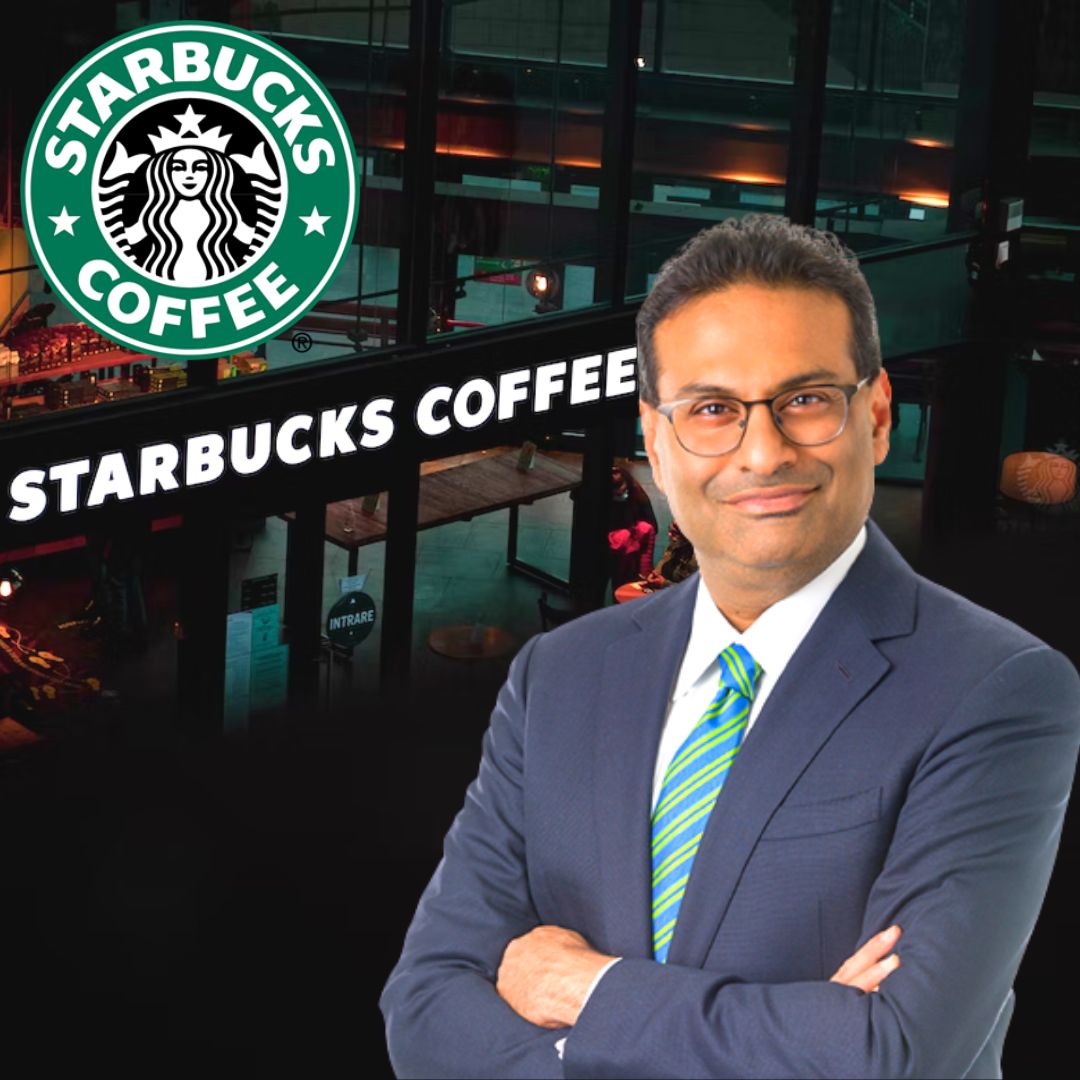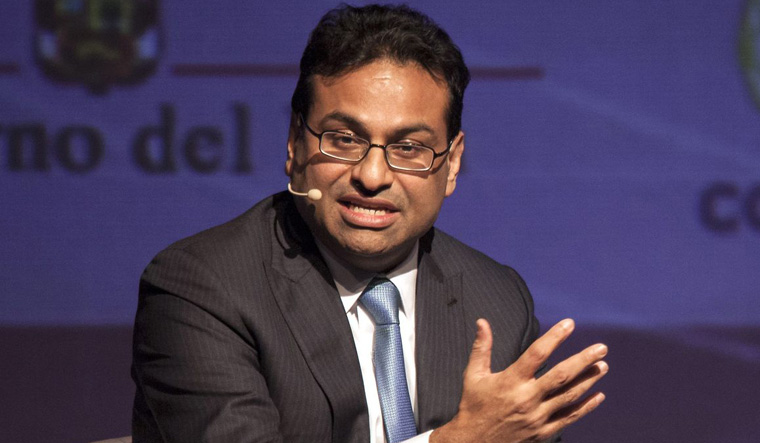Starbucks CEO’s Leadership Style and Impact

Howard Schultz, the current CEO of Starbucks, has a leadership style characterized by a strong emphasis on vision, customer focus, and employee empowerment. His leadership has played a significant role in shaping Starbucks’ culture and driving its success.
Schultz’s Leadership Style and its Impact
Schultz’s leadership style is often described as transformational, focusing on inspiring employees and customers to embrace the Starbucks brand’s values. He has consistently emphasized the importance of creating a positive and inclusive work environment, fostering a strong sense of community within the company. This approach has contributed to Starbucks’ reputation as a desirable employer and a brand that resonates with customers.
Comparison with Previous CEOs
Schultz’s leadership style differs significantly from that of some previous CEOs. For instance, Orin Smith, who led Starbucks from 2000 to 2008, focused on operational efficiency and cost-cutting measures, which led to a decline in customer satisfaction and employee morale. This contrast highlights the impact of different leadership styles on company culture and performance.
Challenges and Opportunities, Ceo of starbucks
Schultz’s current leadership faces challenges in navigating a rapidly evolving market landscape. The rise of competition from smaller, independent coffee shops and the changing consumer preferences towards healthier and more sustainable options pose significant challenges to Starbucks’ dominance. However, Schultz has also identified opportunities for growth in new markets, such as China, and through innovation in product offerings and customer experience.
Starbucks’ Business Strategy and Key Initiatives: Ceo Of Starbucks

Starbucks’ business strategy is centered around providing a premium coffee experience while fostering a sense of community and belonging. The company’s success stems from its focus on quality, innovation, and customer engagement, which have translated into a strong brand identity and loyal customer base.
Core Values, Target Market, and Competitive Advantages
Starbucks’ core values guide its business strategy and inform its initiatives. The company emphasizes its commitment to ethically sourced coffee, responsible environmental practices, and a welcoming atmosphere for its customers. Starbucks targets a broad demographic, appealing to individuals seeking a high-quality coffee experience, a comfortable setting for work or socializing, and a sense of community.
Starbucks’ competitive advantages include:
- Strong Brand Recognition: Starbucks enjoys widespread brand recognition and a loyal customer base, built on its premium coffee offerings and unique store atmosphere.
- Global Presence: Starbucks operates in over 80 countries, providing access to a diverse customer base and significant growth potential.
- Digital Transformation: Starbucks has invested heavily in digital technologies, including mobile ordering, loyalty programs, and personalized recommendations, enhancing customer convenience and engagement.
- Focus on Sustainability: Starbucks’ commitment to sustainability, including ethical sourcing and environmental responsibility, resonates with consumers increasingly concerned about social and environmental issues.
Recent Initiatives
Starbucks’ recent initiatives reflect its commitment to innovation, growth, and customer satisfaction. These include:
- New Product Launches: Starbucks continuously introduces new beverages, food items, and merchandise to cater to evolving consumer preferences and seasonal trends. Recent examples include the Oatmilk Shaken Espresso and the Plant-Based Protein Box.
- Expansion Plans: Starbucks continues to expand its global footprint, focusing on emerging markets with high growth potential. The company aims to open new stores in key regions, leveraging its brand recognition and commitment to local communities.
- Digital Transformation: Starbucks’ digital initiatives enhance customer convenience and engagement. These include the Starbucks Rewards program, which offers personalized recommendations and exclusive rewards, and the mobile ordering and payment system, allowing customers to skip lines and customize their orders.
- Focus on Sustainability: Starbucks remains committed to its sustainability goals, aiming to reduce its environmental impact and promote ethical sourcing practices. The company has set targets for reducing waste, promoting recycling, and supporting coffee farmers.
Effectiveness of Initiatives
Starbucks’ recent initiatives have been largely successful in driving growth and profitability. The company’s focus on innovation, customer engagement, and sustainability has resonated with consumers, leading to increased sales and market share. Starbucks’ digital transformation efforts have been particularly effective, enhancing customer convenience and driving repeat purchases.
Starbucks’ commitment to ethical sourcing and environmental responsibility has also been well-received by consumers, contributing to its positive brand image and competitive advantage.
Starbucks’ Corporate Social Responsibility and Sustainability Efforts

Starbucks has established itself as a leader in corporate social responsibility (CSR) and sustainability, integrating these principles into its business operations and brand identity. The company’s commitment to ethical sourcing, environmental conservation, and community engagement has significantly impacted its brand image, customer loyalty, and employee engagement.
Ethical Sourcing
Starbucks’ commitment to ethical sourcing is evident in its Coffee and Farmer Equity (CAFE) Practices program. This program ensures that farmers receive fair prices for their coffee beans while adhering to ethical and sustainable farming practices. The CAFE Practices program covers over 100,000 farmers in 26 countries, promoting sustainable agriculture and economic empowerment.
- The program emphasizes environmental sustainability by promoting shade-grown coffee cultivation, which protects biodiversity and reduces the use of harmful pesticides and fertilizers.
- It also focuses on social responsibility by ensuring fair wages, safe working conditions, and access to education and healthcare for coffee farmers and their communities.
Environmental Conservation
Starbucks has implemented various initiatives to reduce its environmental footprint.
- The company aims to achieve 100% ethically sourced coffee by 2025, with a focus on reducing its carbon footprint, water usage, and waste generation.
- Starbucks has invested in renewable energy sources, such as solar panels and wind turbines, to power its stores and operations.
- The company has also implemented a comprehensive recycling program to reduce waste and promote responsible disposal of materials.
Community Engagement
Starbucks actively engages with local communities through various programs and initiatives.
- The Starbucks Foundation supports community development projects, focusing on education, youth empowerment, and economic development.
- Starbucks partners with local organizations to address social issues, such as homelessness, poverty, and hunger.
- The company also offers opportunities for employee volunteerism, encouraging its workforce to engage in community service activities.
Impact on Brand Image, Customer Loyalty, and Employee Engagement
Starbucks’ CSR and sustainability efforts have positively impacted its brand image, customer loyalty, and employee engagement.
- Consumers increasingly value companies that prioritize social and environmental responsibility, leading to a positive perception of Starbucks among ethically conscious customers.
- These efforts have fostered a sense of loyalty among customers who appreciate Starbucks’ commitment to ethical sourcing, environmental conservation, and community engagement.
- Starbucks’ commitment to social responsibility has also attracted and retained employees who share these values, creating a more engaged and motivated workforce.
Challenges and Opportunities, Ceo of starbucks
Balancing profitability with social and environmental goals presents challenges for Starbucks.
- Maintaining profitability while implementing sustainable practices requires significant investments and operational adjustments.
- Starbucks faces pressure from investors to prioritize shareholder returns, which can sometimes conflict with its CSR and sustainability objectives.
- The company also faces scrutiny from activists and NGOs who advocate for greater transparency and accountability in its CSR and sustainability efforts.
The CEO of Starbucks navigates a complex world of coffee beans, global expansion, and customer expectations. They must balance the need for innovation with the preservation of the brand’s iconic status, ensuring that every cup of coffee tells a story.
To learn more about the challenges and triumphs of leading a coffee empire, you can explore the article ceo of starbucks , which delves into the intricacies of this unique leadership role.
The CEO of Starbucks is a pivotal role in the coffee giant’s success, leading a global empire that thrives on its signature brews and cozy atmosphere. Since 2019, starbucks ceo brian niccol has held this position, navigating the company through evolving consumer preferences and a changing market landscape.
His vision for the future of Starbucks will undoubtedly shape the brand’s trajectory for years to come.